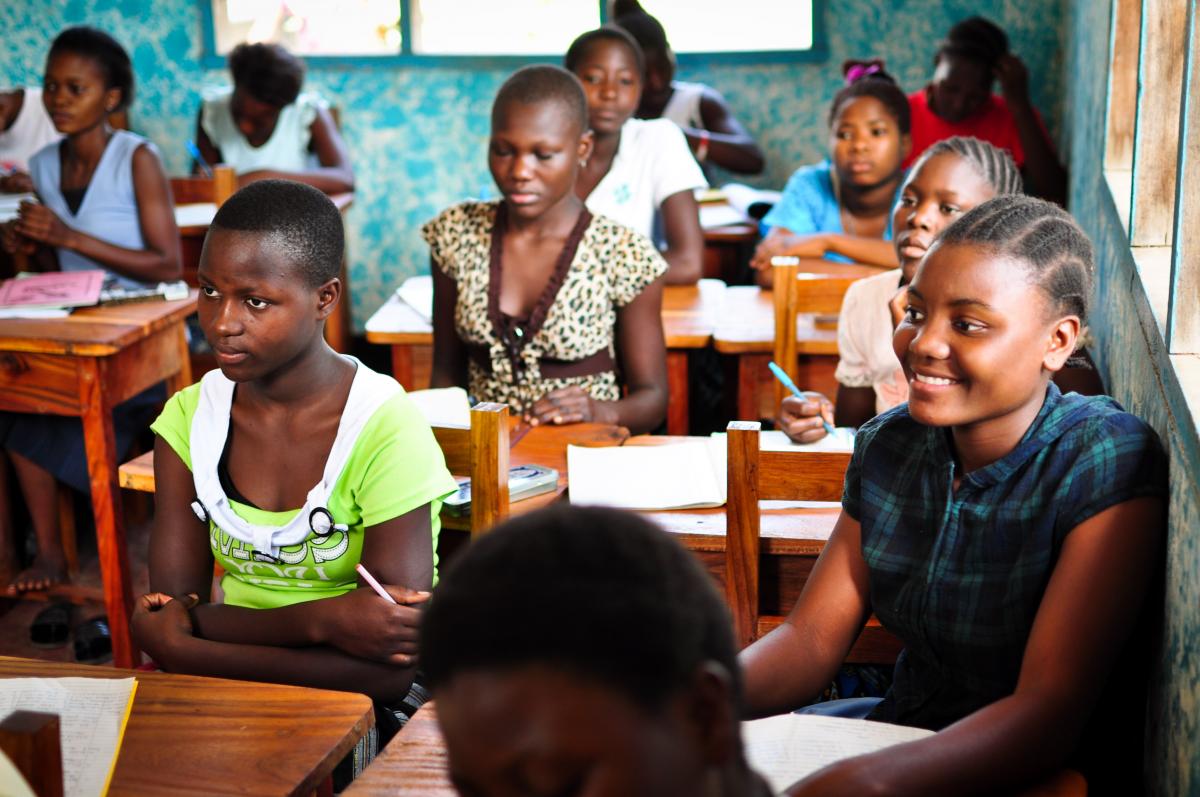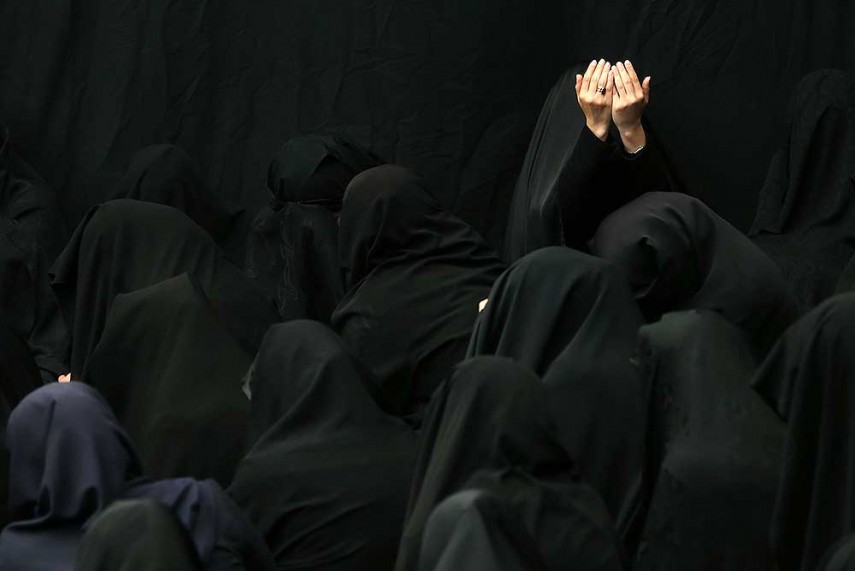As Tanzania joins the rest of the world in celebrating women’s day, we can all agree that despite the great efforts made in trying to make life easy for them, women still face a great number of challenges.
A big chunk of them still face unwanted pregnancies, unsafe abortions, pregnancy complications leading to death, fistula, genital mutilation among a myriad of other challenges. Obviously, the challenges we face in Africa, coupled with traditional practices, present an even bigger challenge for the achievement of gender parity in all communities with no one left behind.
As we continue to do our work of improving the health of women and children, we recognize that this cannot be achieved in isolation and must go hand in hand with advocating for their education, ensuring their rights to sexual and reproductive health as well as economic empowerment.

According to UNICEF, at least 200 million girls and women alive today have undergone female genital mutilation/cutting (FGM/C) in 30 different countries, Tanzania included. Behind these statistics are the harrowing stories of countless women and girls who have endured tremendous suffering, often silently, because of FGM/C. According to the World Health Organization (WHO), domestic violence is a global problem affecting millions of women.
Violence against women goes beyond beatings. It includes forced marriage, dowry-related violence, marital rape, sexual harassment, intimidation at work and in educational institutions, forced pregnancy, forced abortion, forced sterilization, trafficking and forced prostitution. As we celebrate this day, all these should be at the back of our minds while we look for ways of eliminating them, because as they face these challenges it causes trauma to most of them.
Apart from trauma, such practices cause, injuries and death. Female genital cutting, for example, is a common cultural practice in parts of Africa. Yet it can cause bleeding and infection, urinary incontinence, difficulties with childbirth and even death, reports the WHO.
The organization estimates that 130 million girls have undergone the procedure globally and 2 million are at risk each year, despite international agreements banning the practice. We hope that our governments will move in the right direction and end these challenges facing our women as we celebrate their day.

